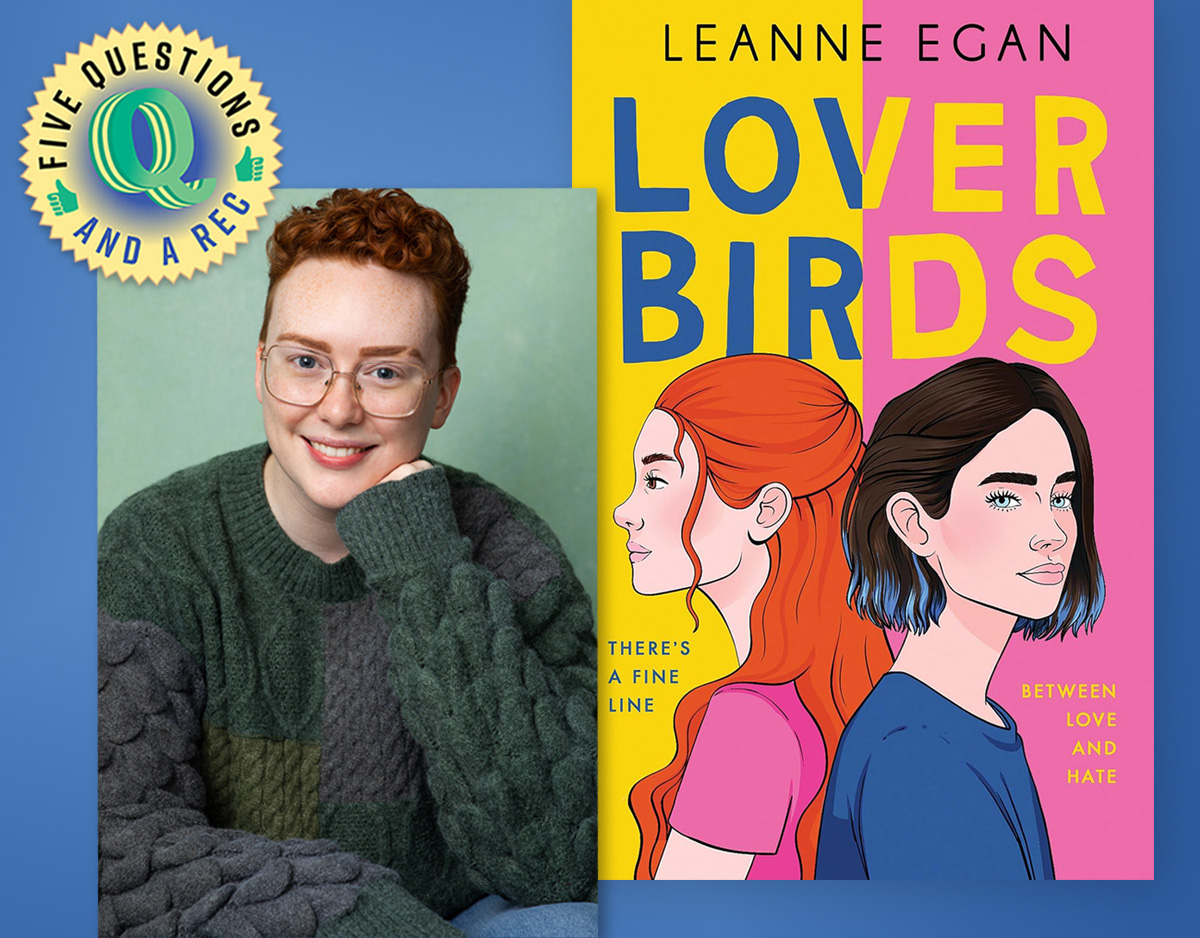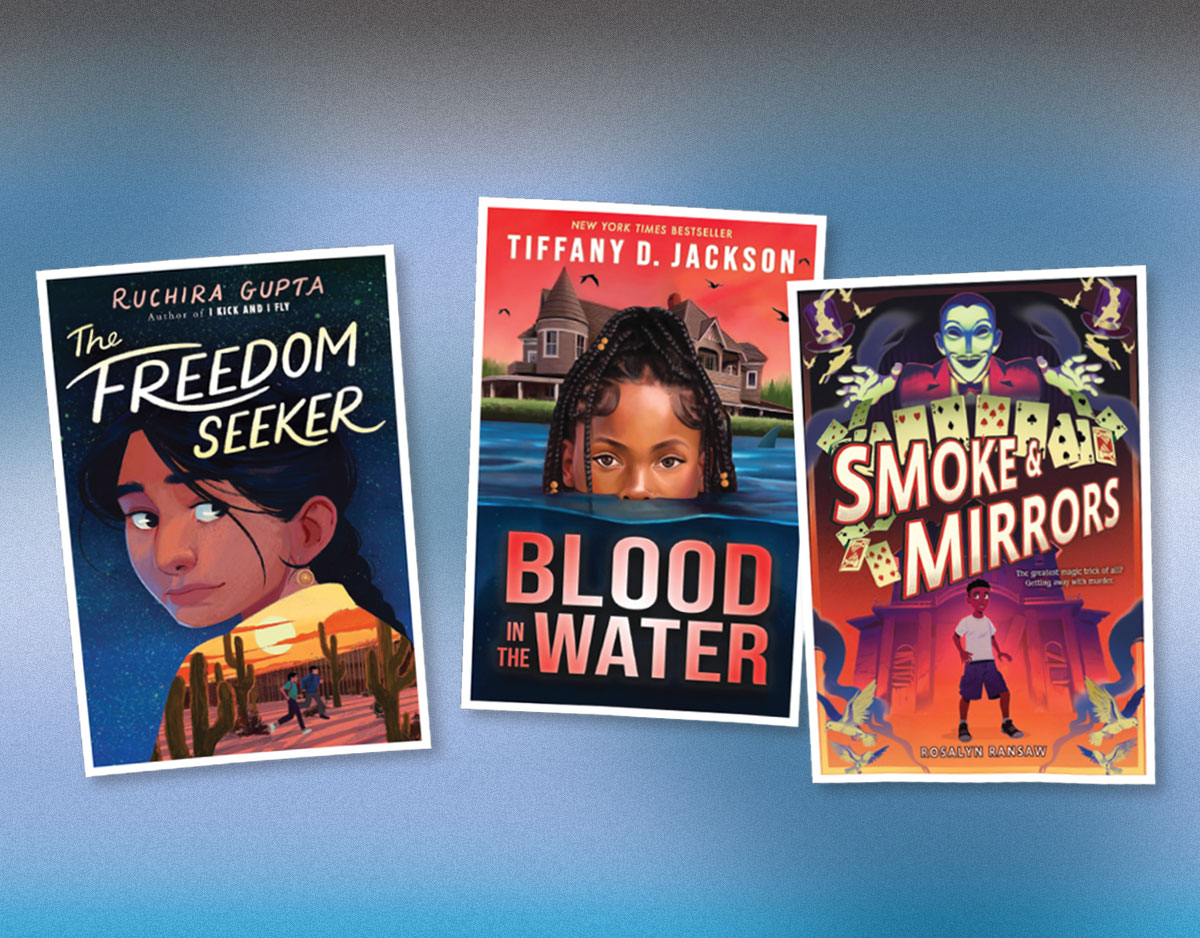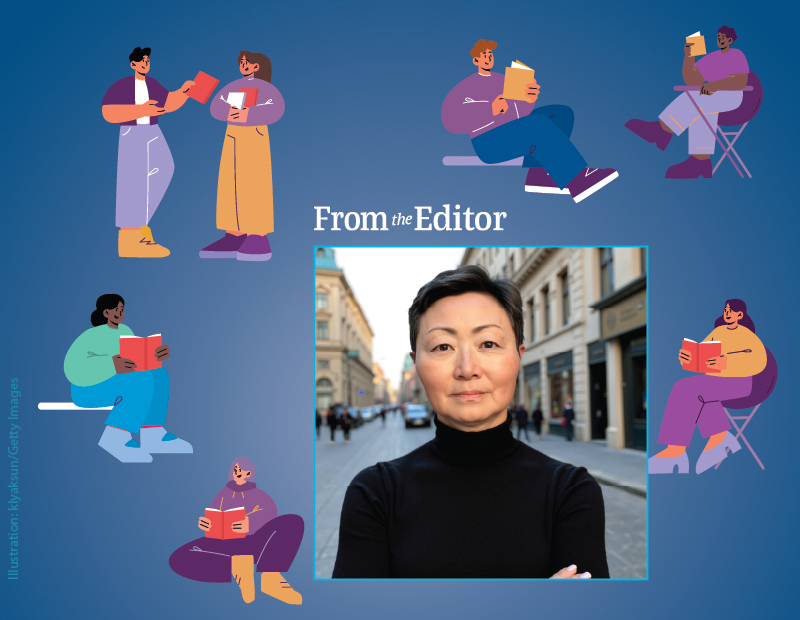SCROLL DOWN TO READ THE POST
Review: The Replacement
The Replacement by Brenna Yovanoff. Razorbill, an imprint of Penguin. 2010. Reviewed from ARC from ALA.
The Plot: Mackie Doyle, sixteen, knows he’s different from the other teens in Gentry.
On page five, Mackie admits that during the school blood drive “I could smell the blood — sweet, metallic. I could taste it in the back of my mouth and my stomach was starting to feel iffy.” Oh, the reader thinks, he just doesn’t like the sight or smell of blood. Four pages later, and Mackie tells about iron: “it hurts in a slow, exhausting way.” A couple of pages later, and Mackie explains how his kind preacher father told a five year old Mackie the story of Kellan Caury, a man lynched in the 1930s, back when the town had a bad spell and many children were disappearing and someone had to be blamed. The person who was “different” and noticed was blamed. The message is clear: don’t be different. Don’t be noticed.
By the end of the first chapter, Mackie shares something his sister told him. When Emma was four, she saw a baby taken out of her brother’s crib, and something else left.
ADVERTISEMENT
ADVERTISEMENT
That something else was Mackie. Mackie is not a teen who thinks he is different from those around him — he really is different.
The Good: Despite the number of details shared in the first chapter — Mackie’s appearance (“pale, creepy“, “how dark my eyes were,” “sometimes, people got uneasy just looking at me“) and fear of being different, of being seen, of being noticed, the death of a classmate’s younger sister and the seemingly cavalier view of the tragedy by his classmates (“so, are your parents freaked out about the latest drama“) — the confirmation that something is wrong in Gentry, that Mackie is a changeling exchanged with a human child, that dark entities live beneath his town, doesn’t come for several more chapters. Rather than plunging into the action, Yovanoff takes her time to establish setting and characters.
Setting — Gentry. A town where a small child’s death is “the latest drama.” At first, I thought this was a brilliant line to show how Alice, the pretty girl Mackie was crushing on, was shallow. It was that, yes, but as the reader learns more about the relationship between town and the underworld, including the spilling of a taken child’s blood every seven years, the reader realizes it wasn’t an immature teen speaking. Gentry is the town where people see things out of the corner of the eye and ignore what is right in front of them. Alice isn’t being shallow, Alice is just born and raised in a town where a child’s death is the “latest drama” to be seen sideways and dismissed.
Character — Mackie, a castoff child of the underworld left in a human child’s crib. Usually these non-human children sicken and die, with everyone believing (or at least acting as if) it was the real human child. This, we learn, is what happened to Tate’s baby sister Natalie, the dead child. Or, rather, the dead changeling. Why is Mackie different? Why he is still alive? What world does he belong in?
Mackie seems cautious and distant from those around him, but he isn’t alone. His sister Emma loves him. His parents create a home without iron or metals. Mackie has friends, a girl he likes, a girl (Tate) who may like him. Don’t draw attention to yourself, he is told. His dizziness, his sickness, from being part of this world is getting worse and worse and his only salvation may be going underground to the Land of Mayhem and learning more about who he is. The reader needs to see Mackie’s struggles, see his loyalty to his human family and friends and their loyalty back to him, see the strange acceptance and salvantion offered in Mayhem. The reader needs to know Mackie as well as Mackie knows himself to understand, later, the dilemmas he face once the action starts: who does he stand with? Where does his loyalties lie? Is it possible to save Tate’s baby sister who has been taken but is still alive underground?
Because of the time Yovanoff takes with setting and character, when the action starts the reader understands and knows the stakes. Mackie’s dilemma is real, and the strange town of Gentry is less strange.
Horror! I enjoy horror, real, old-fashioned horror. Children, stolen and sacrificed ever seven years. At first I thought, oh, no, it won’t go there. It does! Yovanoff doesn’t take the safe out of showing a human child raised underground. Blood sacrifice is demanded, blood sacrifice is made.
The underworld, Lands of Mayhem and Mystery, is complex and ugly. Dark bargains are made. If something is different, if someone is ugly, is it necessary wrong or evil? Yovanoff takes all this and adds a sense of morals and ethics. It’s just not the morals and ethics of those above ground. The horror is even scarier, because once Mackie goes underground and meets the Morrigan we realize (perhaps as reluctantly as Mackie himself does) that those from the Land of Mayhem are not evil. They are — different. Long ago gods who are now something less, who may become something more. That something more and something less is dependent on belief and the power of story: extreme feelings that can come from joy, happiness, misery, fear, — and music. (And for more of that, check out The Replacement playlist from the author.)
Yes, this is a Favorite Book Read in 2010. And fingers crossed, I’m hoping to see it on the Morris shortlist.
Filed under: Favorite Books Read in 2010, Reviews, Uncategorized
About Elizabeth Burns
Looking for a place to talk about young adult books? Pull up a chair, have a cup of tea, and let's chat. I am a New Jersey librarian. My opinions do not reflect those of my employer, SLJ, YALSA, or anyone else. On Twitter I'm @LizB; my email is lizzy.burns@gmail.com.
ADVERTISEMENT
SLJ Blog Network
Instagramming ALA 2025 (Part II)
Review of the Day: Freya and the Snake by Fredrik Sonck, ill. Jenny Lucander
Love in the Palm of His Hand, vol. 1 | Review
Book Review: The Dead of Summer by Ryan La Sala
The Classroom Bookshelf is Moving
ADVERTISEMENT
ADVERTISEMENT







